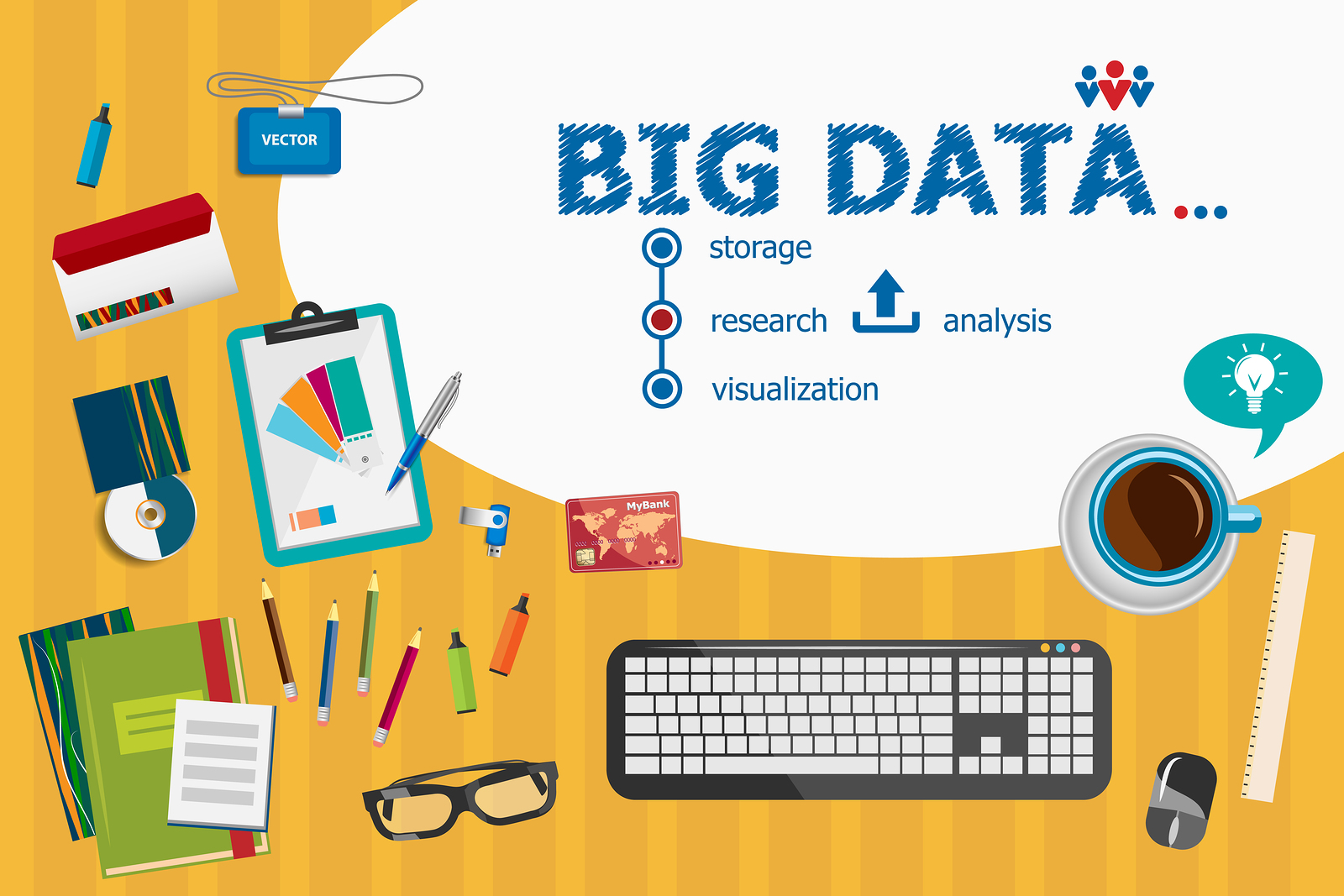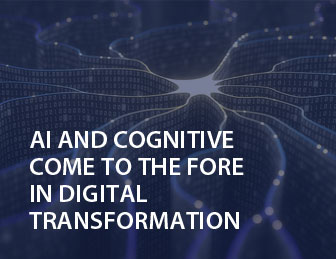
Businesses that invest in big data have generated revenues, enhanced customer experience, improved enterprise-wide performance, and developed new markets. Data lakes are becoming large with each passing second, so managing these unorganized data sets is becoming even more complicated. And the fact is that the proper management of these data lakes is the only gateway to digital transformation.
Today, businesses know that data is nowhere near stopping, so it is better if they transform the way they manage data. For managing data efficiently and for drawing key insights from gigantic data lakes, it is essential to use the right technological tools and the right big data solutions and strategies.
Technological Frameworks That Enrich Big-Data Experience
The big-data architecture is evolving continuously. So to keep up with this fast-paced evolution, businesses should invest in technologies such as MongoDB, Apache Hadoop, and NoSQL. Here’s a short introduction on each one of them, now. Businesses should go through these guides to analyze which framework will suit their needs.
Apache Hadoop
When it comes to processing large-scale data, Apache Hadoop comes into play. This software framework, which is mastered by a number of Hadoop developers, is an open-source platform that has a number of individual modules including a resource management platform, a large-scale programming model for processing components and data that give high-level interfaces, and a distributed file system. Last, this framework is written in Java.
MongoDB
On the other hand, MongoDB is purely written using C++ and it belongs to the family of NoSQL. Another big difference that any business will feel when it uses MongoDB is its unconventional model. This model completely avoids companies to create a table-based structure that is generally found in relational databases. Doing ad hoc queries is this framework’s forte, and this enables the DBMS to execute granular-level searches. This database also features load balancing, indexing, server-side script execution, replication, and aggregation.
Powerful Platforms Unlock Big-Data Value
Managing big data using just a single framework is nearly impossible. Because of big data’s complexity, it is important to use an array of these technologies together—that is why many companies rely on MongoDB database managers and Hadoop consulting services before mixing the two technologies.
Companies, today, rely on both Hadoop and MongoDB; these two technologies can easily replace the conventional RDBMS’s and can even perform better than them. Both of these technologies are engineered to manage vast data sets with matchless efficiency. By using the Hadoop framework and the MongoDB database, companies will find it easier to execute large-scale real-time processing.
Optimize The World Of Big Data, Together
While developing real-time big-data applications, MongoDB powers online and serves end-users and business processes all the analytics models that were created using Hadoop. These analytical models, once analyzed, can give users keen insights into complex operational processes.
Hadoop and MongoDB take big-data initiatives to mix multiple data streams coming from different origins. This blend is leveraged to create sophisticated analytics and powerful machine learning models. Afterward, MongoDB receives the results that can be used for designing and deploying transformative data models.
Make the most of the new opportunities that evolve with big data by picking a reliable technology partner. The right data-science talent will have the expertise in offering Hadoop development services and MongoDB consulting solutions for the ever-changing big-data landscape.


 admin
admin

